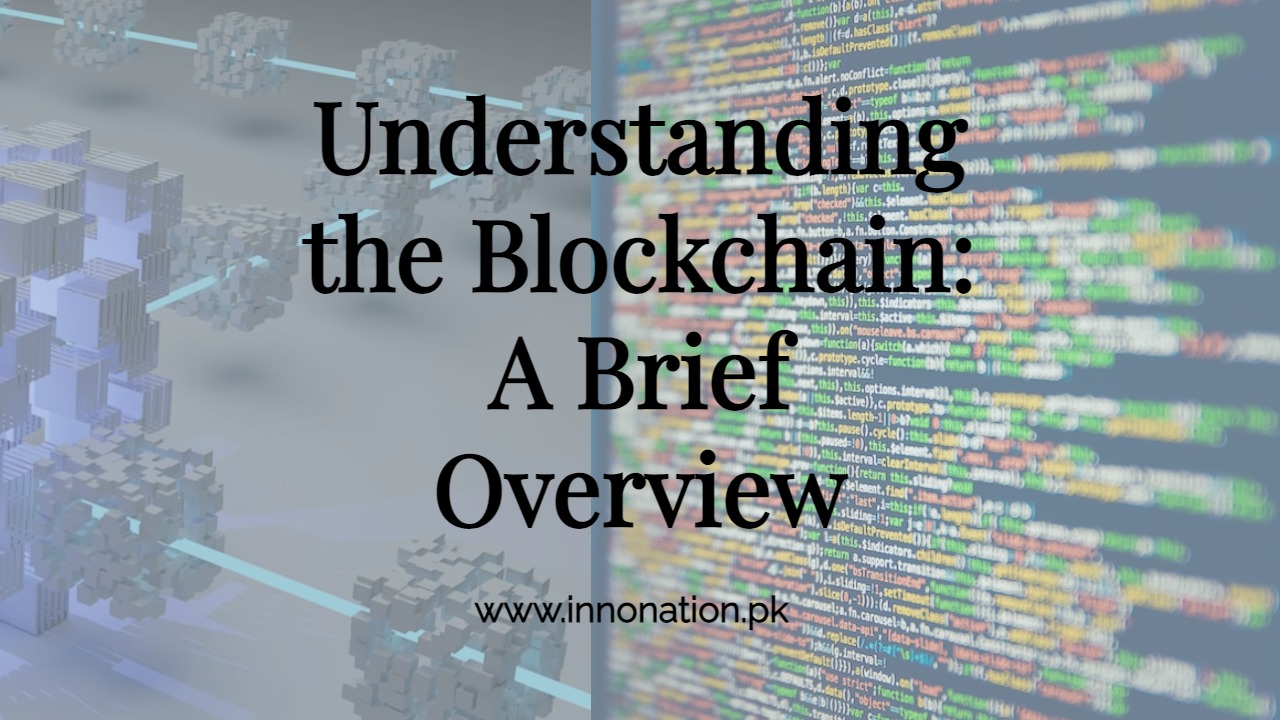To grasp the widespread applicability of blockchain, it’s essential to understand what it is and how it works. At its core, blockchain technology is an immutable, decentralized ledger of digital transactions shared across a network of computers or nodes. Its crucial strength stems from its public verification mechanism, ensuring unprecedented transparency, security, and resistance to fraud.
This digital marvel operates using a blend of proven technologies such as cryptography, network theory, and game theory. The result? A powerful, decentralized system that promises to revolutionize how we conduct transactions, manage data, and establish trust.
Revamping Supply Chain Management with Blockchain
Supply chain management is one area ripe for blockchain intervention. Traditional supply chain systems grapple with opacity, manual record-keeping, and fraudulent practices. Here, blockchain emerges as a game-changer, offering a robust solution to these challenges.
Blockchain introduces unprecedented traceability and accountability by maintaining a transparent, tamper-proof record of product movement from origin to end consumer. This enhances trust among stakeholders and simplifies dispute resolution. Major corporations like IBM and Walmart are at the forefront of integrating blockchain into their supply chain operations, marking a significant industry shift.
Improving Healthcare with Blockchain Technology
The promise of blockchain in healthcare is vast and varied. One critical application lies in patient data management, where blockchain can ensure secure and efficient data sharing among authorized healthcare providers. This decentralized health record system can drastically reduce errors, enhance privacy, and foster data interoperability.
Another crucial application is pharmaceuticals, where blockchain can enhance drug traceability along the supply chain. This could prove instrumental in the fight against counterfeit drug distribution, a global problem jeopardizing countless lives yearly.
Transforming Finance with Blockchain
Despite being the foundation of cryptocurrencies, blockchain’s potential in traditional finance is nothing short of revolutionary. It’s harnessed for secure and efficient cross-border transactions, eliminating intermediaries and lowering transaction costs.
But that’s not all. The advent of Decentralized Finance (DeFi) has taken the financial world by storm. By leveraging blockchain, DeFi platforms enable services like asset management, lending, and insurance in a decentralized setting, effectively challenging the norms of the traditional financial system.
Protecting Intellectual Property Rights with Blockchain
In the digital era, protecting intellectual property rights presents significant challenges. Blockchain technology can provide a solution by acting as a transparent, immutable register for patents, trademarks, and copyrights. This ensures that authors and creators receive their deserved recognition and compensation.
Additionally, blockchain can automate royalty payments via smart contracts, streamlining and rendering the process more efficient and fair.
Enhancing Governance with Blockchain
Finally, let’s delve into how blockchain can transform governance systems. By harnessing the transparency and security of blockchain, governments can enhance public services such as voting, identity verification, and land registry.
The tiny Baltic nation of Estonia provides a shining example of this. It has successfully integrated blockchain into its e-residency programs and other public services, offering its citizens a more transparent, secure, and efficient government system.
Conclusion: Embracing the Future of Blockchain
The transformative potential of blockchain technology reaches far beyond the realm of cryptocurrencies. As we’ve explored, its diverse applications promise to catalyze a paradigm shift across industries, from supply chain management and healthcare to finance, intellectual property, and governance.
The role of blockchain in environmental sustainability is yet another domain of growing interest. As concerns about climate change intensify, blockchain can facilitate carbon trading and management, fostering a more sustainable future. It can verify carbon credits in an immutable ledger, ensure transparency in the carbon market, and help organizations efficiently manage and offset their carbon footprints.
Another emerging field is the Internet of Things (IoT), where blockchain can provide a secure and scalable framework for device-to-device communication. IoT and blockchain can enhance security, privacy, and reliability in the connected world, making it ideal for smart homes, autonomous vehicles, and innovative city applications.
Even the education sector is still subject to the blockchain revolution. Universities and institutions can use blockchain to issue digital certificates, reducing forgery and simplifying the verification process. Moreover, blockchain could enable the creation of a lifelong learning passport, which would facilitate the recognition of skills and qualifications globally, promoting educational and professional mobility.
This vast potential of blockchain technology underscores its promising future. As more industries recognize and embrace this, we anticipate a new era where blockchain becomes a fundamental component of our digital infrastructure. It is, therefore, vital for businesses and individuals to understand and prepare for the transformative impact of this technology, as it has the potential to redefine the digital landscape

